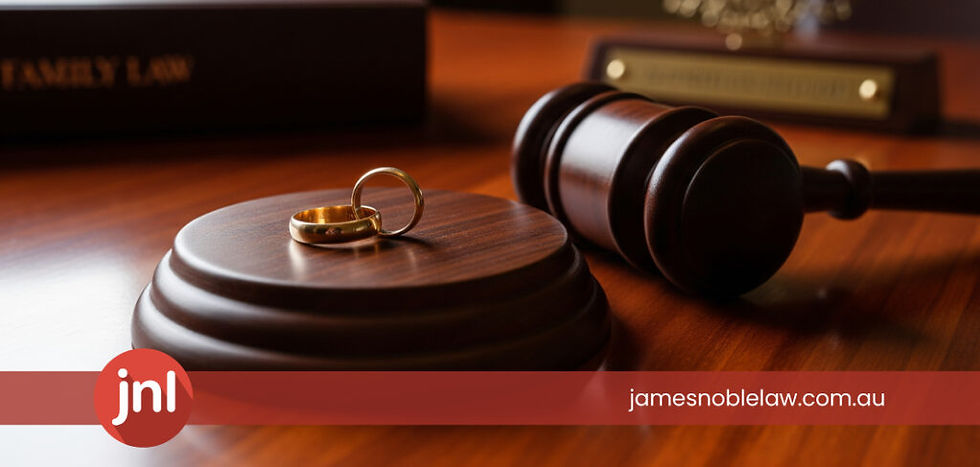Aboriginal and Torres Strait Islander families and the family law system
- jnflbrisbane
- Apr 2, 2024
- 3 min read

Family law and the best interests of the child
family law system
Family law primarily deals with matters involving separation, parenting and property settlements. A central principal underpinning the spirit of family law is the wellbeing of each child. That is, the best interests of the child or children remain paramount in every matter dealt with by the Court. What is in the best interests of a child will depend on the temperament, desires, relationships, religion and culture of the child, amongst many other factors.
When making a parenting order, the Court must examine the impact a decision will have on a child’s right to enjoy their Indigenous culture. Here, the Court will consider:
The child’s lifestyle, culture and traditions;
The parents’ lifestyle, culture and traditions ;
The child’s right to enjoy their culture, including the right to enjoy it with other people sharing the same culture;
Any kinship relationships that may impact the child;
The child’s right to maintain a connection with their culture;
The child’s right to have support and opportunity to explore the full extent of their culture to develop a positive appreciation of their culture; and
The child-rearing practices of Indigenous Australians.
The Family Law Act 1975
The Family Law Act is the central legislative framework that governs family law proceedings in Australia. It recognises the importance of children maintaining a connection with their Indigenous culture following a family breakdown.
The Family Law Act has recing what is in the child’s best interests. As of 6 May 2024, when making a parenting ordently been amended to vary section 60CC, which is the provision that guides the Court in determiner, the Court will consider:
any arrangements that would promote the safety of the child and each person who has the care of the child;
any views expressed by the child;
the child’s developmental, psychological, emotional and cultural needs;
the capacity of each person who is proposed to have parental responsibility to provide for those needs;
the benefit to the child of being able to have a relationship with both parents, and with other people where it is safe to do so; and
anything else that is relevant to the circumstances of the child.
If the child is Indigenous, the court will also be required to consider:
their right to enjoy their culture; and
impact the proposed orders are likely to have on that right.
Additional support provided by the Court
family law system
If appropriate, the Court can appoint an Indigenous advisor to guide the Court in its understanding of what is in the best interests of the child in relation to their Indigenous upbringing. The role of the advisor is to ensure that the Court process is not culturally biased, the Indigenous party has an opportunity to express their views and the Court process is sensitive to Indigenous customs and needs. Further, an Indigenous translator can be appointed upon request to the Court.
Need legal help
Contact the Cairns Family Law team at James Noble Law for a FREE, no-obligation 20-minute consultation. Our team specialises in spousal maintenance issues and are here to guide you through this challenging period.
Find us on Google Maps:
Expert Family Lawyers in Brisbane. Devoted Family Lawyers in Cairns. Skilful Family Lawyers in Milton on Google Maps.
You may also like to know more information about the
For more information, please visit our website: Aboriginal and Torres Strait Islander families and the family law system



Comments